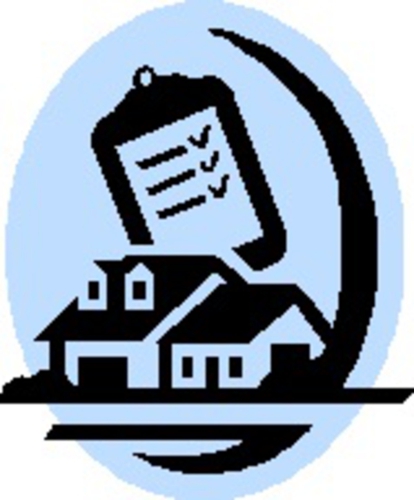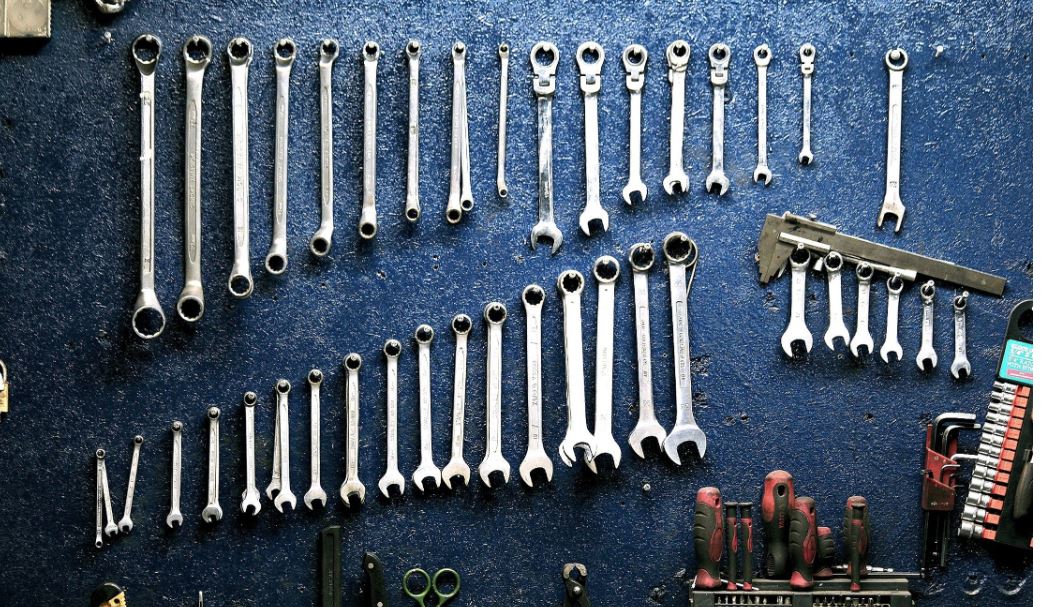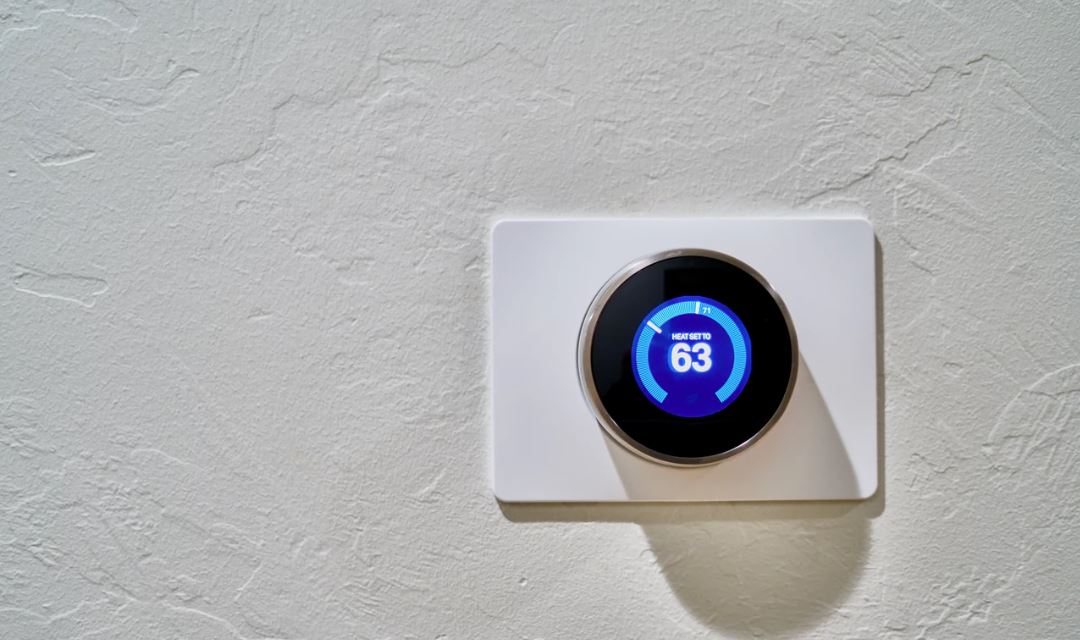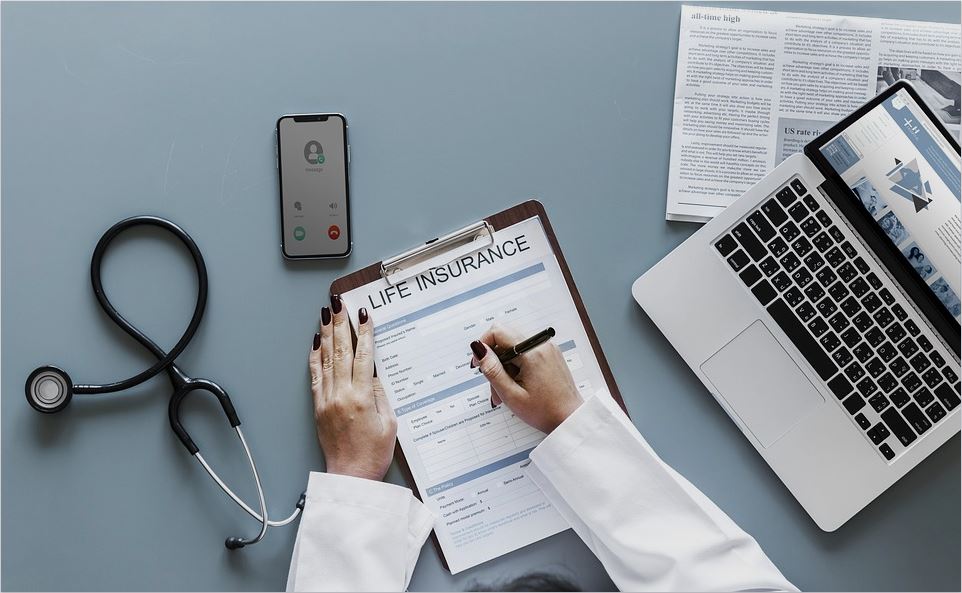You have no way of knowing that your building is safe and sound, unless you have an inspection carried out. Building inspectors will check the building, that you’re about to purchase, for a number of issues. General inspections cover a multitude of elements that need checking but there are four main areas that you should really be concerned about. Problems in these areas will compromise the value of your investment.
Structural Issues
Structural issues are not limited to the foundation of your building. All aspects of the structure are inspected during a building inspection. Door headers, window framing, rafters and floor joists are checked for compliance and stability. The goal is to ensure that you have a safe and sound structure for dwelling in. Any issues uncovered by the inspector would be detailed in his report. He will outline the issues which are repairable as well as other that might not be.
Plumbing
Plumbing is a prime target for things going wrong in the building. Problems in the plumbing can lead to much bigger issues like mold growth due to moisture, structural damages, low water pressure or broken pipes. The inspector will check the plumbing for aging pipes, leaks, faulty pipe fittings, clogs and any other defects. Make a note of any major or minor plumbing issues since some of them may not be urgent now, but you’ll probably have to put aside money for dealing with them in the future.
Problems with the Exterior
The exterior of the building is just as important as the interior. The inspector will ensure that the external structure is safe and sound and free from any defects. Some things that they typically check for are inadequate weather proofing around the doors and windows and cracks in the walls, which can be symptomatic of an even bigger problem. They will check the drainage around the home and look for any holes through which rats and other pests might make their way into the building. They’ll evaluate the building for general issues with safety and for any signs of deterioration.
Roofing
A certified inspector will be able to check your roof for any potentially damaging defects. The experienced eyes of the inspector will pick up on things that the average person will overlook. They’ll check for damage caused as a result of missing or damaged tiles, inadequate draining or flashing that needs repair. The gutters will also be assessed during a roof inspection.
Any issues found in these and other areas of the inspection will be detailed on the inspection report. The inspector will only make recommendations. He will not tell you whether or not to purchase the building. It’s up to you to evaluate the extent of the damages, get an estimate of the repairs and negotiate with the seller. If the extent of the damage is more than you can cope with, you have the option to walk away.
About Author
This Article is written by Chris Wright for Safe and Sound Property Inspections Melbourne who are a Fully licensed and accredited building practitioners in Melbourne
What's covered In Your Building Inspections?





